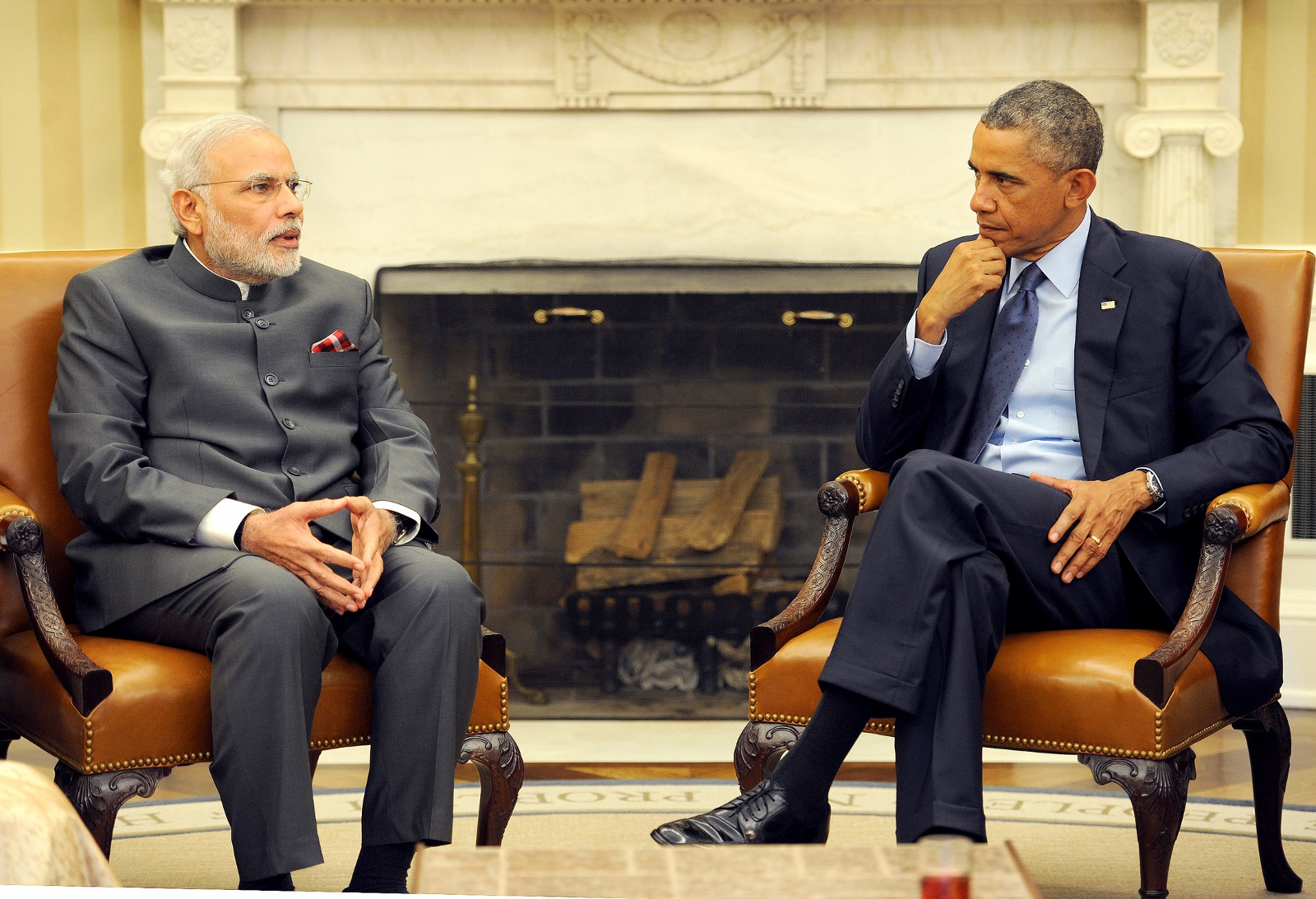Why is India still not a member of the Nuclear Suppliers Group ?
Biz@India

Along with U.S., India recently won the support of Mexico and Switzerland for its bid to become a member of the Nuclear Suppliers Group
Where on one side India and U.S. are working shoulder to shoulder to help India enter into the Nuclear Suppliers Group (NSG), China and Pakistan are amongst other nations who are leading to oppose.
The Nuclear Suppliers Group (NSG) is a group of nuclear supplier countries, which aim to prevent nuclear growth by controlling the export of materials, equipment and technology that are used to manufacture nuclear weapons.
The United States and India are working together for the last two years on nuclear security and counter-terror initiatives and U.S. president Barack Obama noted that India’s membership to NSG will give access to latest technology. It is thus a strong objective of Washington to have India voted as a member of NSG at plenary 2016 that will take place in June in South Korea.
India gained entry into the Missile Technology Control Regime (MTCR), a non-proliferation group and being a member of the NSG will give the country greater access to research and technology that will help it in a variety of areas including medicine and nuclear plants.
Along with U.S., India recently won the support of Mexico and Switzerland for its bid to become a member of the Nuclear Suppliers Group. Mexico’s president Enrique Pena Nieto said that his country positively and constructively supports India’s membership to the NSG.
“I thank the president for supporting India’s membership to the Nuclear Suppliers Group,” said Modi who has visited many countries recently in order to push India’s membership to the NSG.
India’s nuclear push
Since 2008, India has been trying to join the group that would give it a place at the high table where the rules of nuclear commerce are decided.
India has already developed atomic weapons and never signed the nuclear Non-Proliferation Treaty (NPT) that is the main global arms control pact. However, the country already enjoys many benefits of membership under an exemption of NSG rules granted to support its nuclear cooperation deal with Washington.
Many countries have opposed India’s entry into NSG but New Delhi has been making constant efforts to blow away the resistance.
China and Pakistan lead the opponent group
China is opposing by a push to the United States and other major powers for India to join the main club of countries controlling access to sensitive nuclear technology.
Other countries opposing Indian membership of the NSG include New Zealand, Ireland, Turkey, South Africa and Austria.
The opponents argue that granting it membership would further undermine efforts to prevent proliferation and it would also infuriate India’s rival Pakistan.
Pakistan responded to India’s membership bid with one of its own and has the backing by China.
Beijing is not showing any sign of backing out from its opposition to India unless Pakistan becomes a member. Most of the nations oppose the idea of admitting a non-NPT state such as India and argue that if it is to be admitted, it should be under criteria that apply equally to all states.
Pakistan says that giving India easy access to the group would mean that it will have much more material for its military nuclear programme.
A decision on Indian membership is not expected before the NSG plenary meeting in Seoul, South Korea, on June 20. China wants membership of the MTCR and it needs US help. European Union states too have denied China exports of critical military technologies, which might be a bargaining chip. All depends on how well India bargains and how much Pakistan’s NSG membership actually means to China.









